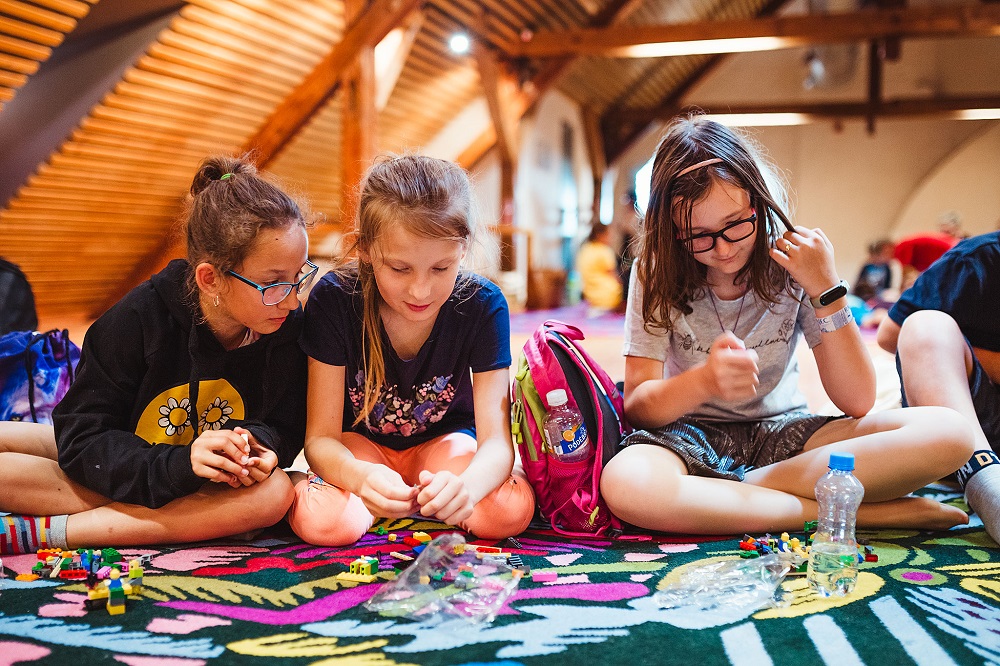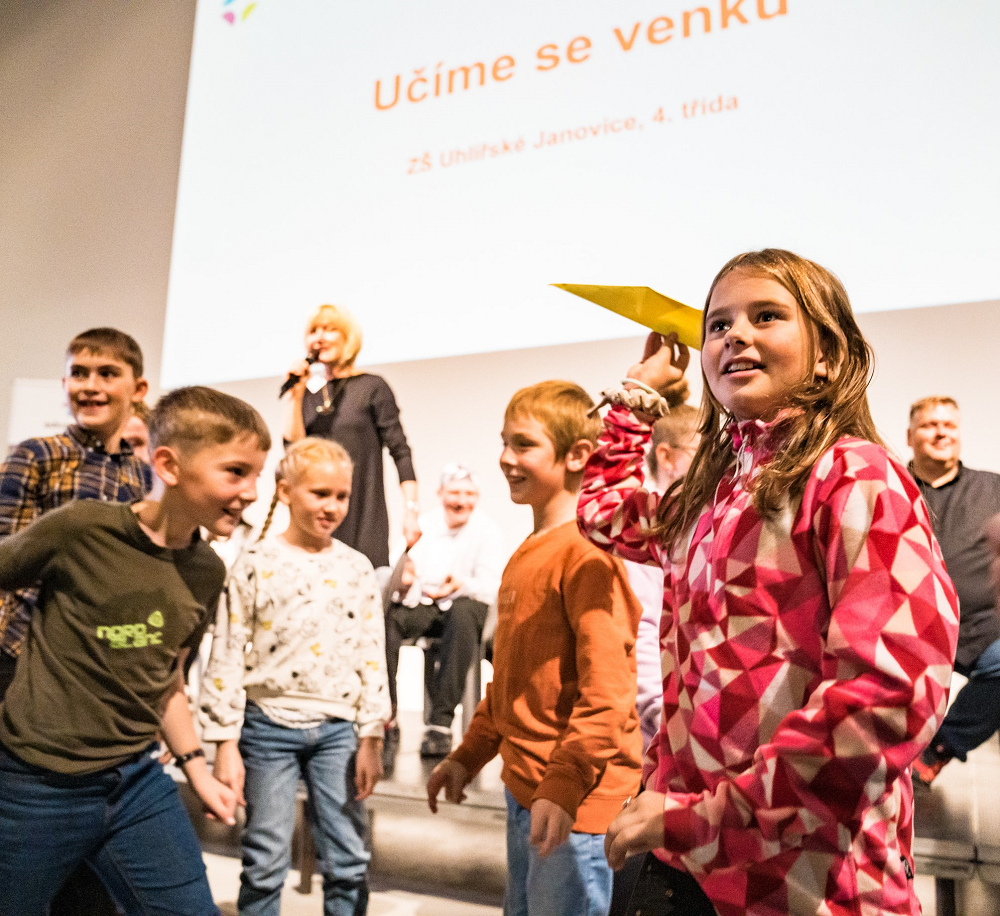
They say that school is the foundation of life. At present, however, this is often not true, because educational institutions do not properly prepare children for the lives they will lead in the future. A large number of children openly say that they do not enjoy learning, that it does not make sense to them, and that they do not know why they are being taught what they are learning.
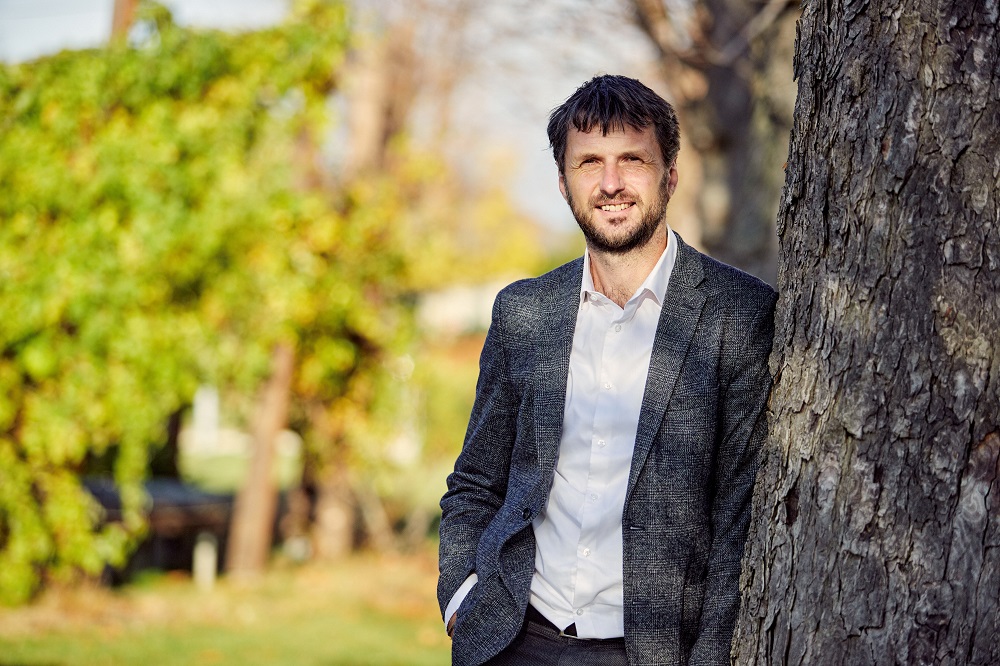
Zdeněk Slejška, director of the Eduzměna Foundation, is trying to change the Czech education system in a way that would bring the joy of learning back to schools. The thing that drives him is his own personal experience and the realization that he learns fastest when he experiences things himself. He therefore wants to bring new approaches to education into schools and to demonstrate that a general change for the better is possible, and that it will benefit everyone.
The aim of Eduzmena is to change the method of education in Czech schools. What made you start the foundation? Was it your own experience?
In school I always wondered why we learn what we learn. It suits me to experience things; it’s the ideal way for me to acquire and use knowledge. It's terribly problematic for me if I just have to listen to something and then remember it. Later on, I found out that this is how most children are – that they need experience. And so I started thinking about how to have this approach adopted in schools and how to change the whole system. With this in mind, I approached the then-director of the OSF foundation, Robert Basch, and together we convinced three other important foundations – the Česká Spořitelna Foundation, the Abakus foundation, which was established by the founders of Avast, and the Lilia & Karel Janecek Foundation. They eventually joined forces with a view to implementing a systemic change in education, and they established the Eduzměna Foundation.
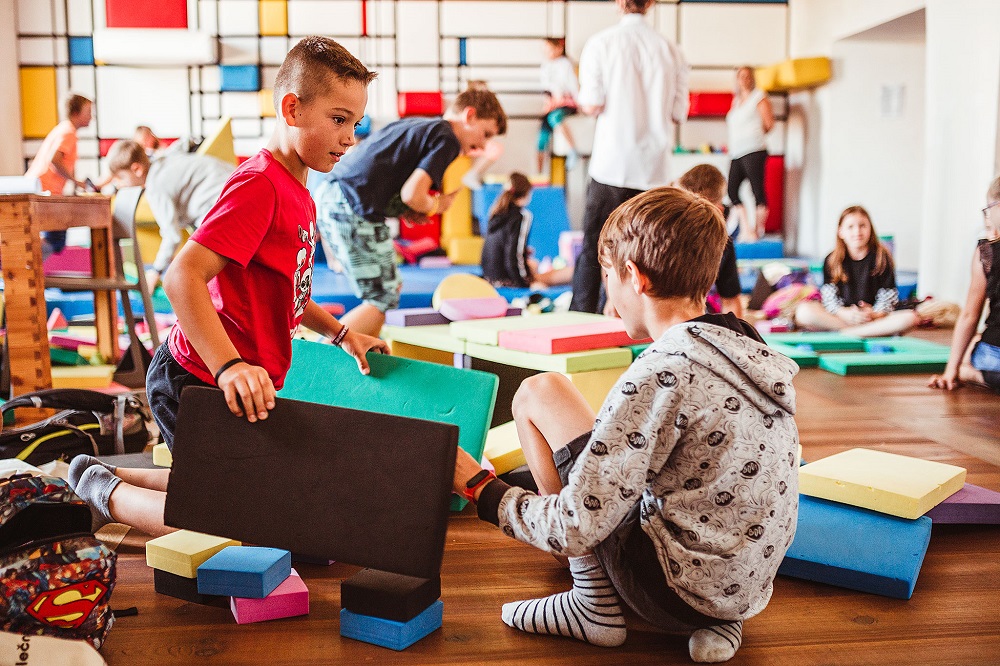
What do you think are the most pressing issues in Czech education?
School often doesn’t prepare children for what awaits them in life. It's great that they know the Pythagorean theorem, it's great if they can write well, but if they can't use it then it's no good. Connecting the dots and thinking in context are key skills that are unfortunately not sufficiently developed in schools.
Another problem with Czech education is that it consolidates the social status into which kids are born. Children from socially weaker backgrounds usually don’t get the chance to be more successful than their parents. For example, if you are born in a socially excluded locality, it’s very likely that you’ll stay there, because you will end up in a segregated or practical school.
You started your pilot project in the Kutná Hora region, and on its website you state that 57 out of 59 kindergartens, primary schools, and secondary schools participated. How did you manage to attract such interest?
We consider it a great success and we’re delighted about it. It's all about gradually building trust; we’re also starting to work with schools that did not initially welcome us with open arms. However, we managed to convince them that Eduzměna can really support them and that cooperation with us can have a real impact.
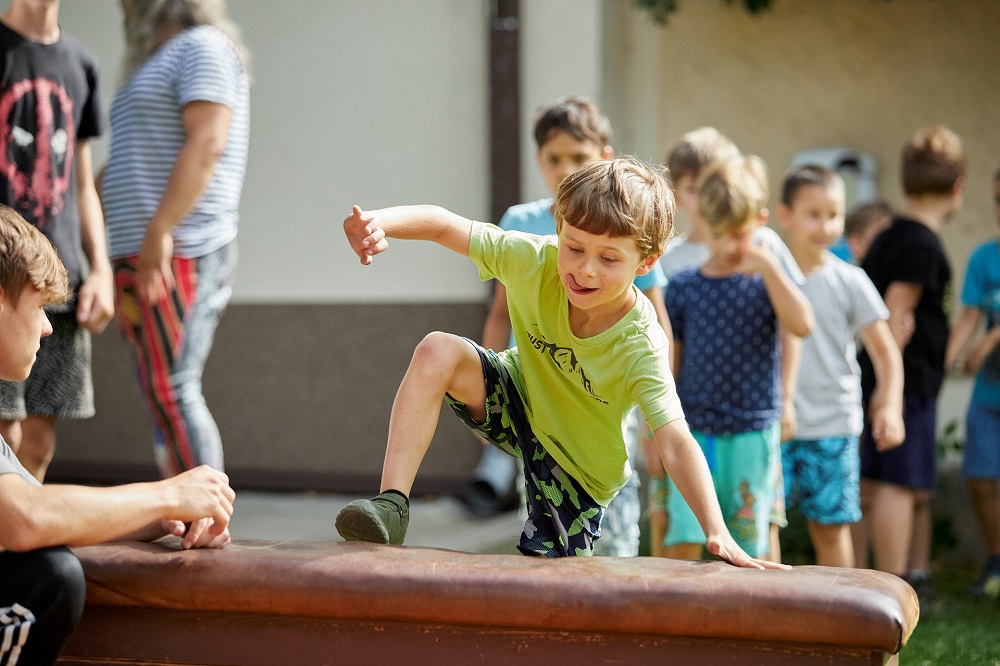
Could you describe in more detail how you cooperate with schools and how many years it is planned for?
The Eduzměna pilot project is planned for five years. The beginning in 2020 was unfortunately marked by the Covid situation, which delayed the establishment of cooperation between schools and our "guides." These are experts who come directly to schools. They are in contact with management, teachers, children, and parents -- and they help schools with their development. If I were to name specific activities that Eduzměna offers in the Kutná Hora region, I’d mention, for example, methodological centres for teachers and principals, various programs for children aimed at developing competencies, interventions by mental health teams, mini-grants, and help with obtaining subsidies from European funds.
What’s the intended outcome of the entire project?
The pilot project in the Kutná Hora region will end in June 2025, but the changes started should continue. We want to achieve this by creating an Education Support Centre, which should take over our role in the future, and which offers targeted support to all those affected by education. We are building the first one in the Kutná Hora region, but our ambition is to create a nationwide network of these centres.
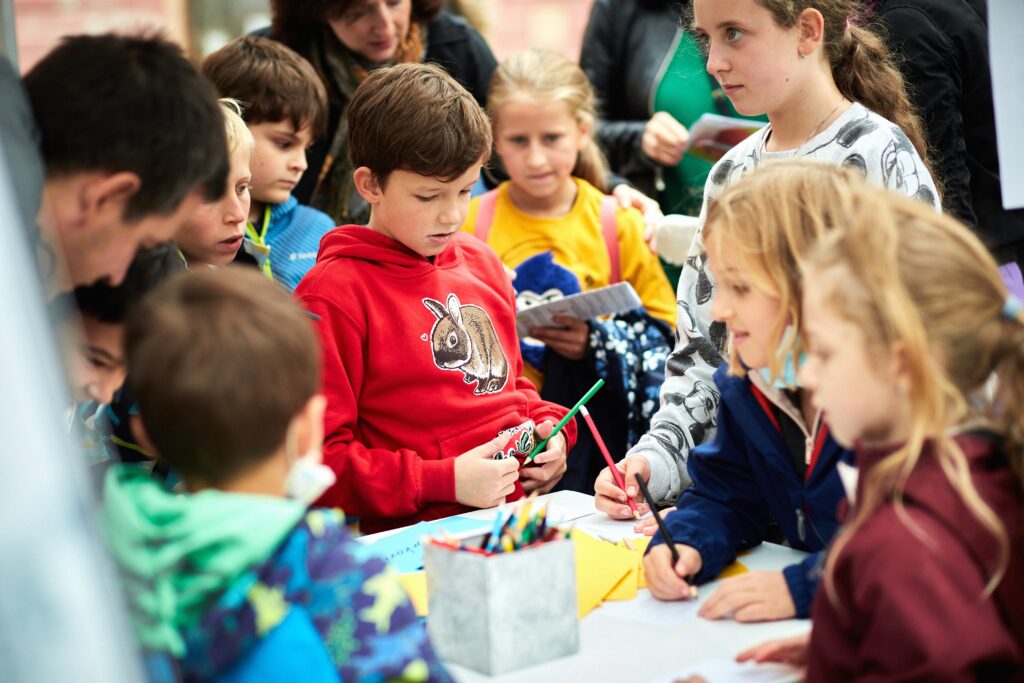
Last year, you expanded the project to four more regions. How does Eduzměna work in these places? Do you notice any differences compared to Kutná Hora?
We are looking for what is transferable from Eduzměna and how to spread our knowledge further. With our four new regions – which comprise Turnovsko, Šumpersko-Zábřežsko, Přešticko-Blovicko and Českobudějovicko – cooperation no longer takes place in such depth as in the Kutná Hora region. The teams there undergo experiential training, internships, and supervision. Above all, we try to inspire, show the way, and share what we have achieved in Kutná Hora over the past few years.
Can the general public also help Eduzměna in its efforts? And if so, how?
We see parents as important partners in the education of children, and we believe it’s crucial to involve the public in efforts to change the school system. We cannot expect change in schools to happen on its own. We have to start with each other.
